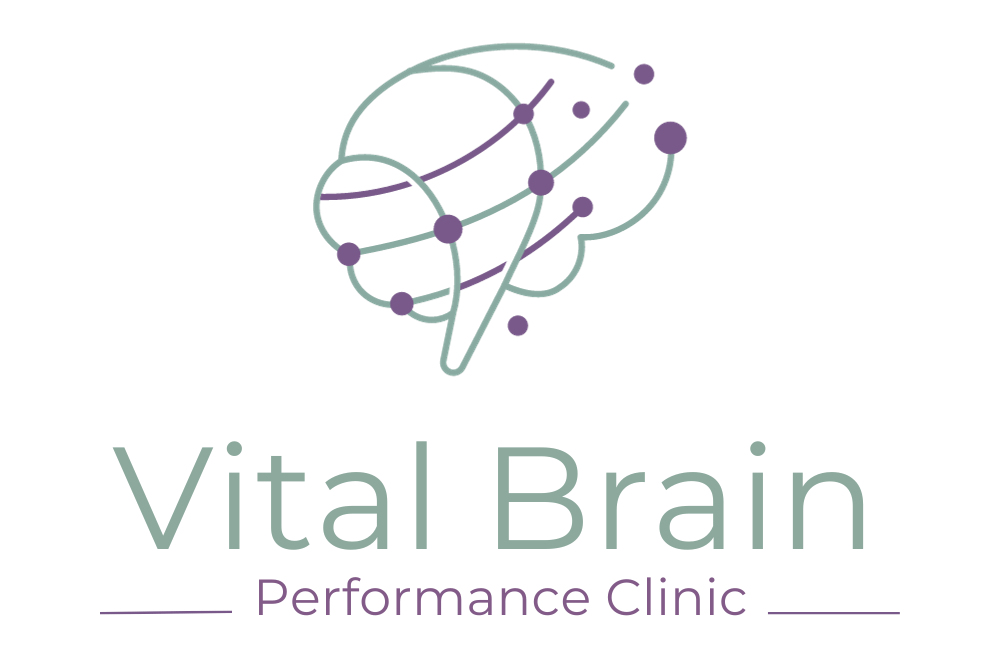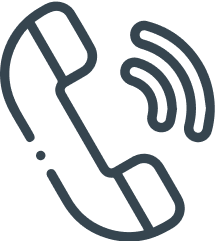Insomnia – the struggle to fall asleep or stay asleep – disrupts the lives of millions. While medication may be an option for some, a holistic approach that addresses the root cause is often more sustainable. This is where nutrition counseling can be a powerful tool.
Let’s explore the surprising impact of diet on sleep quality and how a nutrition counselor can help you identify foods that promote healthy sleep patterns and avoid those that can disrupt your precious rest.
The Impact of Diet on Sleep Quality: Nutrients and Foods That Promote Healthy Sleep Patterns

What you eat directly impacts your sleep quality. Here’s why:
- Nutrient Powerhouse: Certain nutrients play a crucial role in sleep regulation. These include magnesium, which promotes muscle relaxation, and tryptophan, an amino acid that helps produce sleep-inducing hormones like melatonin. A nutrition counselor can help create a personalized plan to ensure you’re getting these sleep-supportive nutrients through your diet.
- Blood Sugar Balance: Spikes and dips in blood sugar levels can disrupt sleep. Nutrition counselors can guide you towards choosing foods with a low glycemic index, which release energy slowly and stabilize blood sugar, promoting restful sleep.
- Gut Health Connection: A healthy gut microbiome is linked to better sleep quality. Nutrition counseling can help incorporate gut-friendly foods like yogurt, kimchi, and fermented vegetables into your diet, fostering a healthy gut environment for better sleep.
Many plant-based foods are rich in sleep-promoting nutrients. Think leafy greens, nuts, seeds, and whole grains. These foods provide magnesium, tryptophan, and fiber, all contributing to a good night’s sleep.
Avoiding Insomnia Triggers: Dietary Habits and Food Choices That Can Disrupt Your Sleep
Certain dietary habits and food choices can act as insomnia triggers. A nutrition counselor can help you identify and avoid these culprits:
- Late-Night Feasts: Eating a heavy meal right before bed can disrupt digestion and make sleep difficult. Nutrition counseling can help establish a healthy eating pattern that avoids late-night binges.
- Caffeine Caper: While a morning coffee might be your ritual, caffeine’s stimulating effects can linger for hours, impacting sleep quality. Nutrition counseling can help identify your caffeine sensitivity and suggest alternative ways to wake up and stay energized throughout the day.
- Sugar Rush, Sleep Crash: Sugary snacks and drinks provide a temporary burst of energy followed by a crash that can make it difficult to fall asleep. Nutrition counseling can help you identify hidden sugars in your diet and suggest healthier alternatives.
If you’re struggling with insomnia, consider seeking help from a qualified nutrition counselor. They can create a personalized plan that addresses your specific dietary needs and preferences, optimizing your diet to promote restful sleep. Don’t let insomnia control your nights – reclaim your sleep and wake up feeling refreshed and ready to conquer your day!




